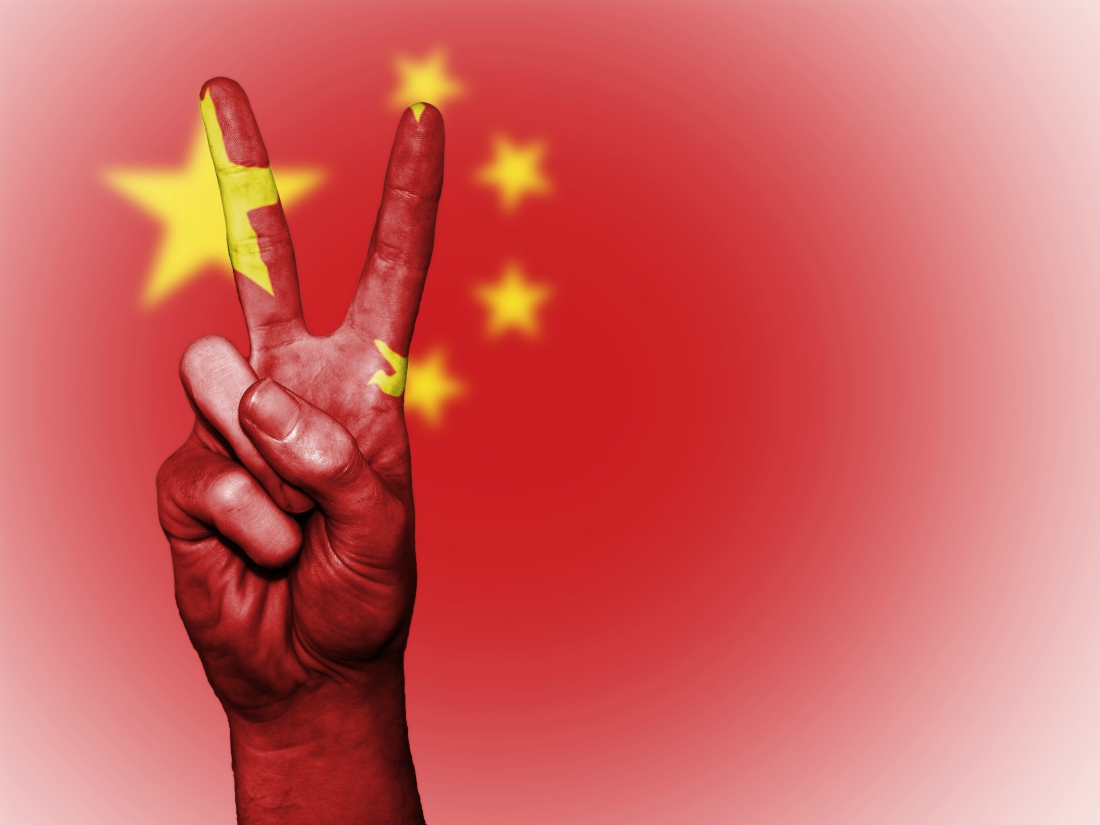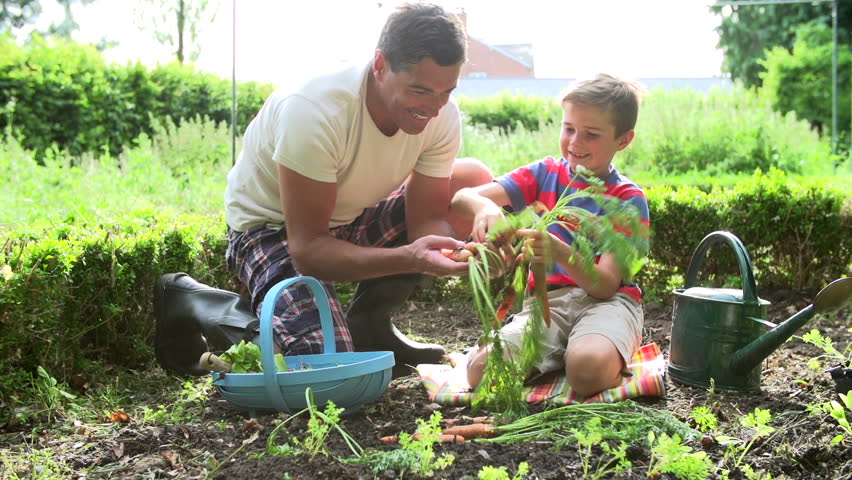Understanding “tiger parenting” – experts say the strict parenting method can also be full of warmth
01/07/2020 / By Edsel Cook

Tiger parenting entered mainstream consciousness when Chinese-American writer Amy Chua used the term to describe her approach to raising her children in her 2011 book. Researchers elaborated that the parenting strategy is both severe and warm.
Chua based her approach on the strict way her parents raised her. Chinese parenting got their children ready for the future by making them do things to a high standard, which supposedly instilled self-confidence, skills, and work habits.
Today, Asian-Americans use the term “tiger parent” to describe the behavior of their immigrant parents. The latter is deeply involved in their children’s lives, driven by love, and prefer raising their kids using coercion instead of positive parenting.
Tiger parenting draws from Asian values of independence. It also places considerable importance on building a robust and dedicated relationship between the parent and the child.
Experts say that Asian and Asian-American parents often get their children to see their connections and obligations to other people. A good child lives up to the expectations of the parents.
Proper education is one of the most significant obligations. An educated person supports the family and helps society. (Related: Knowledge IS power: Teaching teens about junk food promotes healthy eating habits.)
Tiger parenting sets high standards while also giving plenty of encouragement
Western parents and children may find tiger parenting to be severe. After all, a tiger parent arranges very high standards for the child and badgers the kid nonstop until the goal gets reached.
Furthermore, once a child hits a goal, the parent sets a new requirement. There is no rest period.
Since it insists on family obligations and meeting high standards, tiger parenting may appear authoritarian. But proponents point out that the parents also give their kids plenty of support, such as keeping their children company during homework and making sure they absorb the lessons correctly.
A team at the University of Texas at Austin (UT Austin) evaluated tiger parenting. They found that it used a lot of shaming, which other parenting strategies didn’t use.
The UT Austin researchers theorized that Chinese-Americans might consider a reasonable level of shaming as part and parcel of being a supportive and successful parent.
“’Authoritarian parenting’ generally has a negative connotation, like the parent is the ruthless dictator, using a ‘my way or the highway’ or ‘children are to be seen not heard’ approach,” explained researcher Kim Parker. “Tiger parenting utilizes some traits of authoritarians, but it can also involve parental sacrifice rooted in selfless love for the child.”
This strict yet warm parenting strategy is not suitable for every kid and parent
Parents who want to try out tiger parenting must realize that their children may not approve of it. While the parenting style improves the performance of Asian and Asian-American students, it doesn’t work that well for American kids.
In one study, Asian-American participants who failed to answer a problem experienced increased motivation when they thought about their tiger parents. Conversely, American students from European backgrounds did not feel very motivated.
Furthermore, students with tiger parents earn their higher academic standing at a price. Researchers noted that these Asian-American children displayed signs of high stress even as they made impressive achievements.
Some kids may even reject tiger parenting. As a result, their academic performance suffers.
“Anytime a child — especially a teenager — loses a sense of control or a sense of agency, it has a really dramatic effect on their motivation, which will affect their outcomes related to academics,” explains Dr. Christine Carter. “If you try to externally motivate them with threats or bribes or any controlling parenting style, their self-motivation will falter.”
Do you agree with this parenting style? Learn more about the benefits of different parenting strategies at Homeschooling.news.
Sources include:
Tagged Under: academic performance, childhood experiences, culture, education, education system, homeschooling, learning, parenting, research, school, society, teenagers, tiger parenting
RECENT NEWS & ARTICLES
COPYRIGHT © 2018 PUBLICEDUCATION.NEWS
All content posted on this site is protected under Free Speech. PublicEducation.news is not responsible for content written by contributing authors. The information on this site is provided for educational and entertainment purposes only. It is not intended as a substitute for professional advice of any kind. PublicEducation.news assumes no responsibility for the use or misuse of this material. All trademarks, registered trademarks and service marks mentioned on this site are the property of their respective owners.


















